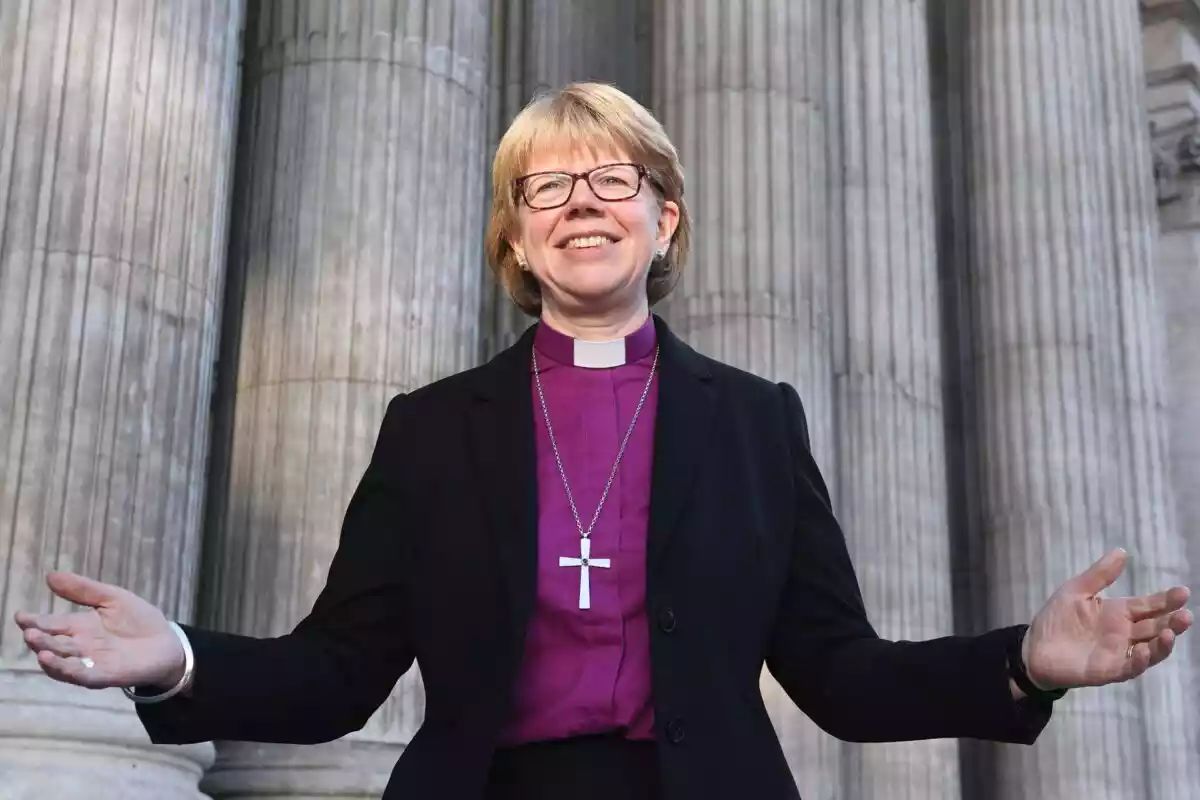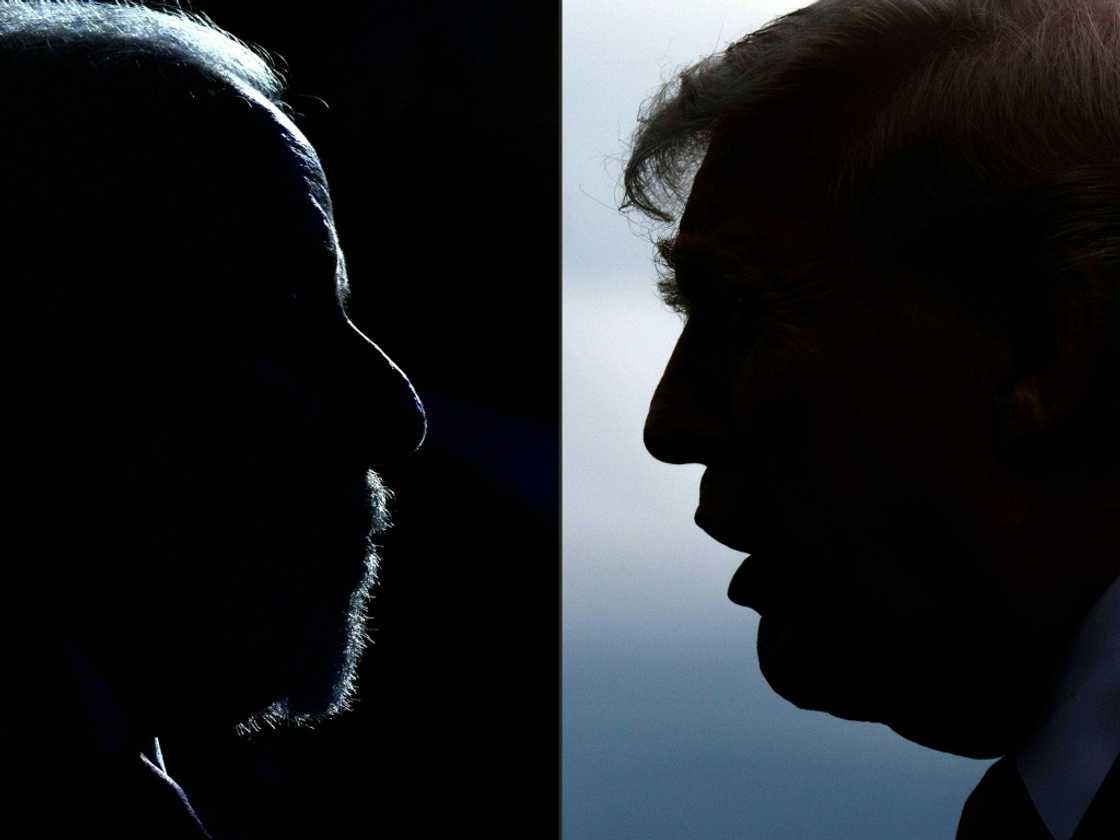Historic Female Archbishop Appointment Sparks Nigerian Anglican Church’s Strong Opposition
In a groundbreaking yet contentious development, the appointment of Bishop Sarah Mullally as the first female Archbishop of Canterbury has drawn sharp criticism from the Church of Nigeria (Anglican Communion), highlighting deep divisions within the global Anglican family.
The Nigerian Anglican Church, led by Most Rev’d Henry Ndukuba, didn’t mince words in their response to this historic appointment announced on October 3, 2025. In a strongly-worded statement, they labeled the decision as “devastating” and “insensitive,” pointing to two major concerns: the challenge to traditional views on female church leadership and Mullally’s progressive stance on same-sex marriages.
The appointment represents a significant shift in the Anglican Church’s 1500-year history, with Mullally becoming the 106th Archbishop of Canterbury at age 63. She takes over from Justin Welby, who stepped down earlier this year amid an abuse scandal. While her appointment, approved by King Charles III, breaks the glass ceiling in the Church of England, it has intensified existing theological tensions within the global Anglican community.
Particularly controversial is Mullally’s public support for same-sex blessings, evidenced by her 2023 statement describing a vote to approve such blessings as a “moment of hope for the Church.” The Nigerian church questioned how someone with such views could possibly unite a communion already divided over sexuality and doctrine.
Taking a firm stand, the Church of Nigeria aligned itself with the GAFCON position, emphasizing their commitment to traditional biblical interpretation and “holy Christian living.” Primate Ndukuba specifically encouraged faithful members within the Church of England who oppose same-sex marriage to “contend for the faith that was once delivered to the saints.”
The strong reaction from Nigeria, representing one of the largest Anglican provinces globally, suggests that Mullally’s historic appointment might further widen the existing rifts within the Anglican Communion rather than heal them, setting the stage for potentially significant changes in the global Anglican landscape.







Leave a Comment